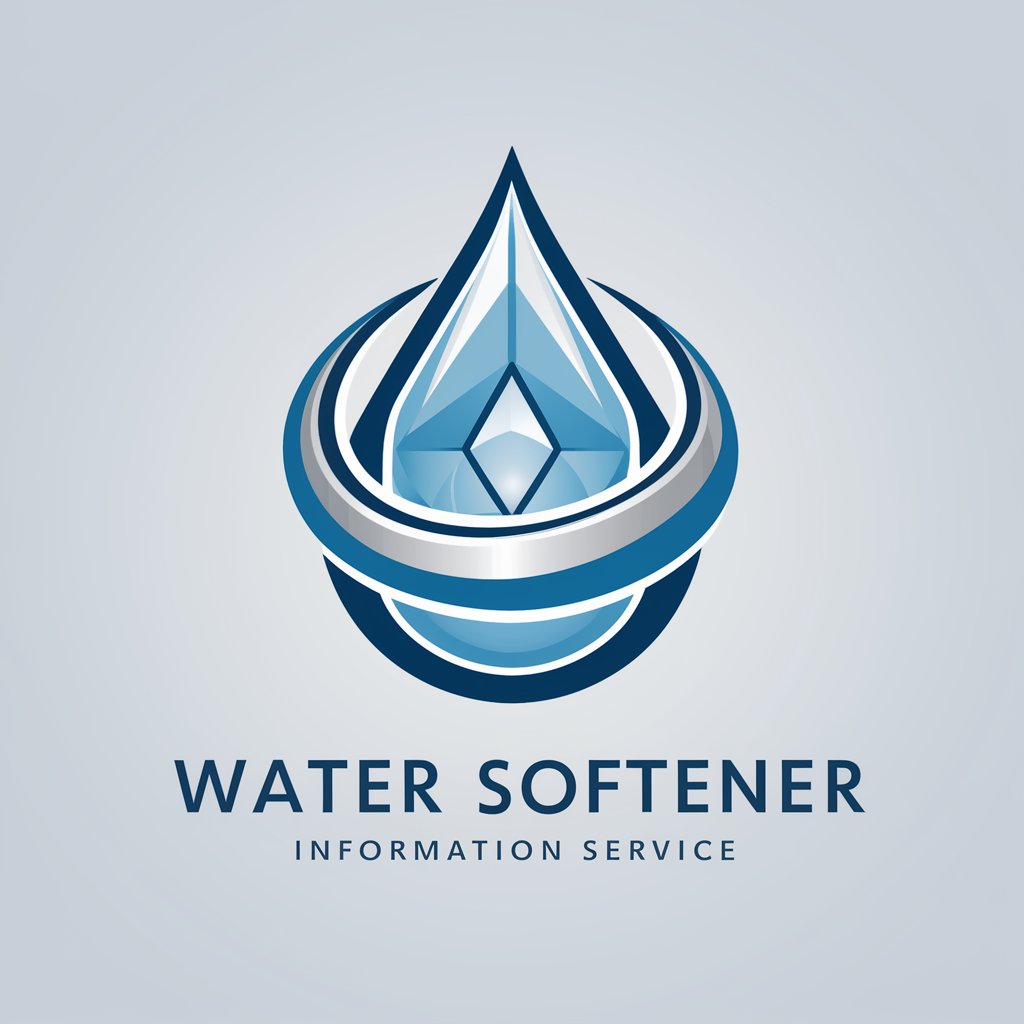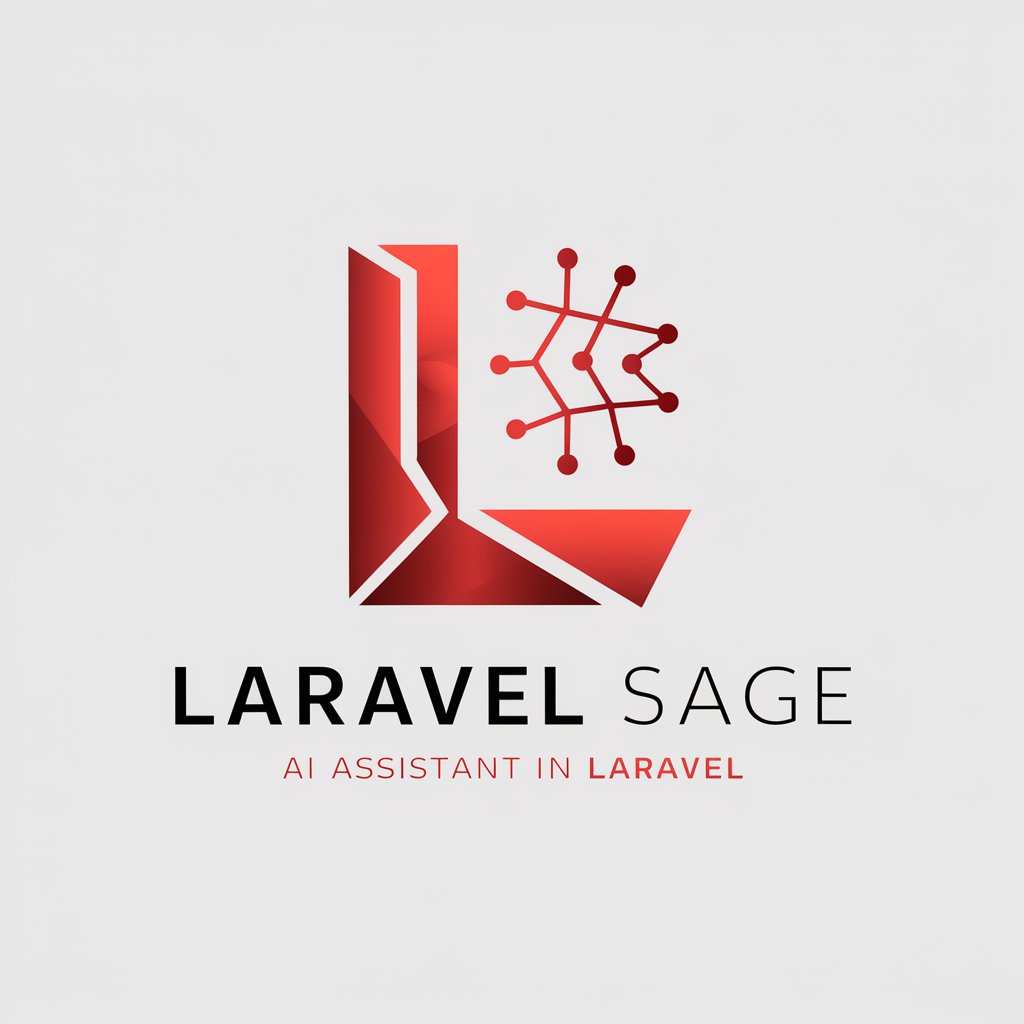Water Softeners - Water Softening Guide

Welcome! Let's explore the world of water softeners together.
Transforming Hard Water into Soft Bliss
Can you explain how salt-based water softeners work?
What are the benefits of using a water softener?
How do I choose the right water softener for my home?
What are the common signs of hard water in a household?
Get Embed Code
Introduction to Water Softeners
Water softeners are devices designed to remove minerals that cause water hardness, primarily calcium and magnesium ions, from water supplies. Hard water can lead to various problems in household and industrial settings, such as scale buildup in pipes and appliances, reduced effectiveness of soaps and detergents, and adverse effects on skin and hair. Water softeners typically operate on the principle of ion exchange, where hard water passes through a resin bed inside the softener. The resin beads are coated with sodium or potassium ions, which exchange places with the calcium and magnesium ions, effectively 'softening' the water. Some water softeners may use alternative methods such as template-assisted crystallization (TAC) or electromagnetic descaling, which alter the physical properties of the hardness minerals to prevent scale without removing the minerals. Examples of water softening scenarios include preventing scale buildup in a home's plumbing system, enhancing the efficiency and lifespan of appliances like water heaters and dishwashers, and improving soap efficiency in laundry and bathing. Powered by ChatGPT-4o。

Main Functions of Water Softeners
Scale Prevention
Example
Preventing scale buildup in household plumbing and appliances
Scenario
In homes with hard water, water softeners are used to prevent the deposition of calcium and magnesium scales in pipes and on heating elements in appliances like kettles, dishwashers, and boilers. This prolongs the appliances' lifespan and maintains efficient energy use.
Enhanced Cleaning Efficiency
Example
Improving the effectiveness of soaps and detergents
Scenario
Soft water requires less soap and detergent for cleaning tasks because it does not contain minerals that interfere with the cleaning agents' effectiveness. This results in cleaner laundry, more sparkling dishes, and softer skin and hair after bathing.
Protection of Industrial Equipment
Example
Preventing scale and corrosion in industrial boilers and cooling towers
Scenario
In industrial settings, water softeners are crucial for protecting boilers, cooling towers, and other equipment from scale buildup and corrosion, which can lead to inefficiencies, increased energy costs, and equipment failure.
Improved Water Heating Efficiency
Example
Enhancing the efficiency of water heaters
Scenario
Softening water can significantly increase the energy efficiency of water heaters by preventing scale buildup on heating elements, allowing the heater to transfer heat more effectively and use less energy.
Ideal Users of Water Softeners
Homeowners
Individuals living in areas with hard water who seek to protect their plumbing systems, improve appliance efficiency, and enhance personal hygiene and cleaning processes. They benefit from reduced scale buildup, increased lifespan of appliances, and better overall water quality.
Industrial Facilities
Factories and plants that use water in their processes, such as manufacturing, food processing, and pharmaceuticals. These users benefit from water softeners by maintaining equipment efficiency, reducing downtime due to scale-related maintenance, and ensuring product quality.
Commercial Establishments
Hotels, restaurants, and laundromats that require high-quality water for their operations. They benefit from using water softeners by ensuring the longevity of their linens, protecting their investments in appliances and fixtures, and providing superior service to their customers.

Usage Guidelines for Water Softeners
Initiate Your Experience
Begin by accessing yeschat.ai for a complimentary trial, requiring no signup or subscription to ChatGPT Plus, offering an immediate start.
Identify Water Hardness
Test your water to determine its hardness level. This is crucial for selecting the appropriate size and type of water softener.
Choose the Right System
Based on the hardness level and your household water usage, select a water softener that fits your needs. Options range from salt-based to salt-free systems.
Installation
Install the water softener according to the manufacturer’s instructions or hire a professional. Ensure it's connected to the main water supply.
Maintenance
Regularly check salt levels in the brine tank (for salt-based systems) and clean the system as recommended to ensure optimal performance.
Try other advanced and practical GPTs
"Hvetjandi verkfræðingur"
Empowering Creativity and Innovation with AI
KnowledgeBaseGPT
Elevate Your Chatbot with AI-Powered Intelligence

日本語議事録作成専門家
AI-powered Japanese Minutes Creation

Tim Mai: REI Tax Strategies
Maximize Your REI Tax Benefits

Market Marvin
Empowering your crypto journey with AI

Eating Disorders
Empowering recovery through AI

Costume Idea Generator | Multilingual
Transform imagination into reality with AI-powered costume ideas.

Outrank the Competition
Elevate Your Content with AI

Peanut
Unlock the Power of Nuts with AI

Laravel Sage
Elevate Your Laravel Projects with AI

日本の名湯・秘湯ナビ
Discover Japan's Best Hot Springs with AI

Carlinesque⚡️
Revolutionizing humor with AI power

Water Softeners Q&A
What is a water softener and how does it work?
A water softener is a system designed to remove minerals like calcium and magnesium from water, which cause hardness. It typically works through a process called ion exchange, where hard minerals are replaced with sodium or potassium ions.
Are there different types of water softeners?
Yes, there are several types, including salt-based ion exchange softeners, salt-free conditioners (which crystallize minerals but don't remove them), magnetic or electronic descalers, and reverse osmosis systems that purify water.
What are the benefits of using a water softener?
Benefits include preventing scale buildup in pipes and appliances, extending the lifespan of plumbing systems, improving water flow, enhancing soap and detergent effectiveness, and providing softer skin and hair.
How often should I maintain my water softener?
Maintenance frequency depends on the system type and water usage. Salt-based softeners usually require salt replenishment every few weeks and system cleaning every few months. Salt-free systems may need less frequent maintenance.
Can a water softener improve drinking water taste?
While water softeners primarily address water hardness, they can indirectly improve taste by removing minerals that cause water to taste metallic or hard. However, for taste concerns, a dedicated water filtration system might be more effective.
